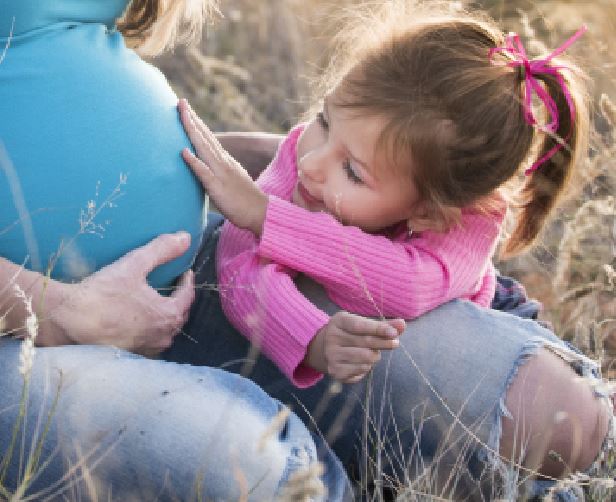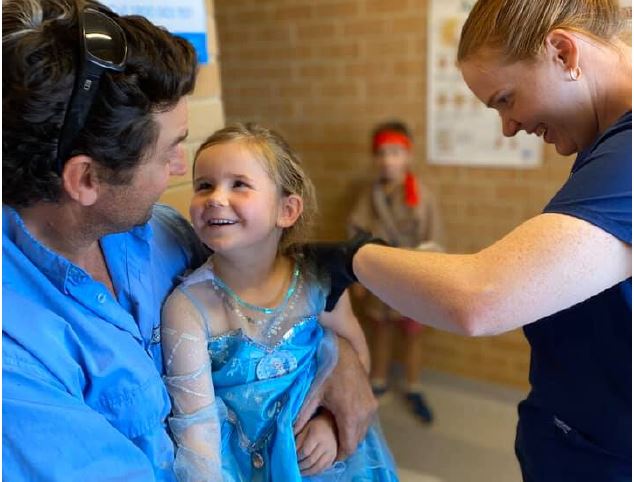Search
Showing results for "8"

News & Events
Latest RSV results pave way for world-first vaccineThe Kids Research Institute Australia researchers leading the Western Australian site of a global respiratory syncytial virus (RSV) study can now fine-tune development of a world-first vaccine for pregnant mothers.

News & Events
Landmark Australian influenza collaboration finalist for Eureka PrizeInfectious disease researchers who used a decade of scientific evidence to advocate for a nationwide childhood influenza immunisation policy have earned a finalist position at the country’s most prestigious science awards – the Australian Museum Eureka Prizes.

News & Events
The Kids ear health researcher takes out top science prize at 40Under40 AwardsDr Chris Brennan-Jones received the Woodside STEM Award for Excellence in Science at the prestigious 40Under40 Awards.
Research
Gene polymorphisms, breast-feeding, and development of food sensitization in early childhoodThe effect of breast-feeding on the development of allergic disease is uncertain
Research
Lived experiences of the diagnostic assessment process for fetal alcohol spectrum disorder: A systematic review of qualitative evidenceEarly assessment and diagnosis of FASD are crucial in providing therapeutic interventions that aim to enhance meaningful participation and quality of life for individuals and their families, while reducing psychosocial difficulties that may arise during adolescence and adulthood. Individuals with lived experience of FASD have expertise based on their own lives and family needs. Their insights into the assessment and diagnostic process are valuable for improving service delivery and informing the provision of meaningful, person- and family-centered care. To date, reviews have focused broadly on the experiences of living with FASD.
Research
Could home-based FeNO measurements breathe new life into asthma management?Developing a FeNO test that is affordable enough to allow daily measurements, patients will be able to access quantifiable data to assist them to monitor their asthma
Research
Identification of novel cerebellar developmental transcriptional regulators with motif activity analysisThe FANTOM5 cerebellum time series is a high-quality transcriptome database for functional investigation of gene regulatory networks in cerebellar development
Research
Risk factors for repetition of a deliberate self-harm episode within seven days in adolescents and young adultsThe risk of repetition of deliberate self-harm peaks in the first 7 days after a deliberate self-harm episode.
Research
Expression Levels of Therapeutic Targets as Indicators of Sensitivity to Targeted TherapeuticsWe investigated the relationship between the sensitivity of hundreds of cell lines to hundreds of drugs, and the relative expression levels of the targets
Research
SNAIL trail in myeloid malignanciesTranscription factors known to induce the epithelial-to-mesenchymal transition (EMT) (such as ZEB1/2 [zinc finger E-box binding homeobox 1/2], SNAI1/2/3, and TWIST1/2) have been undoubtedly implicated in tumorigenesis, cancer progression, metastasis, and chemoresistance in solid tumors; however, their role in normal and malignant hematopoiesis has been underappreciated for many years.
